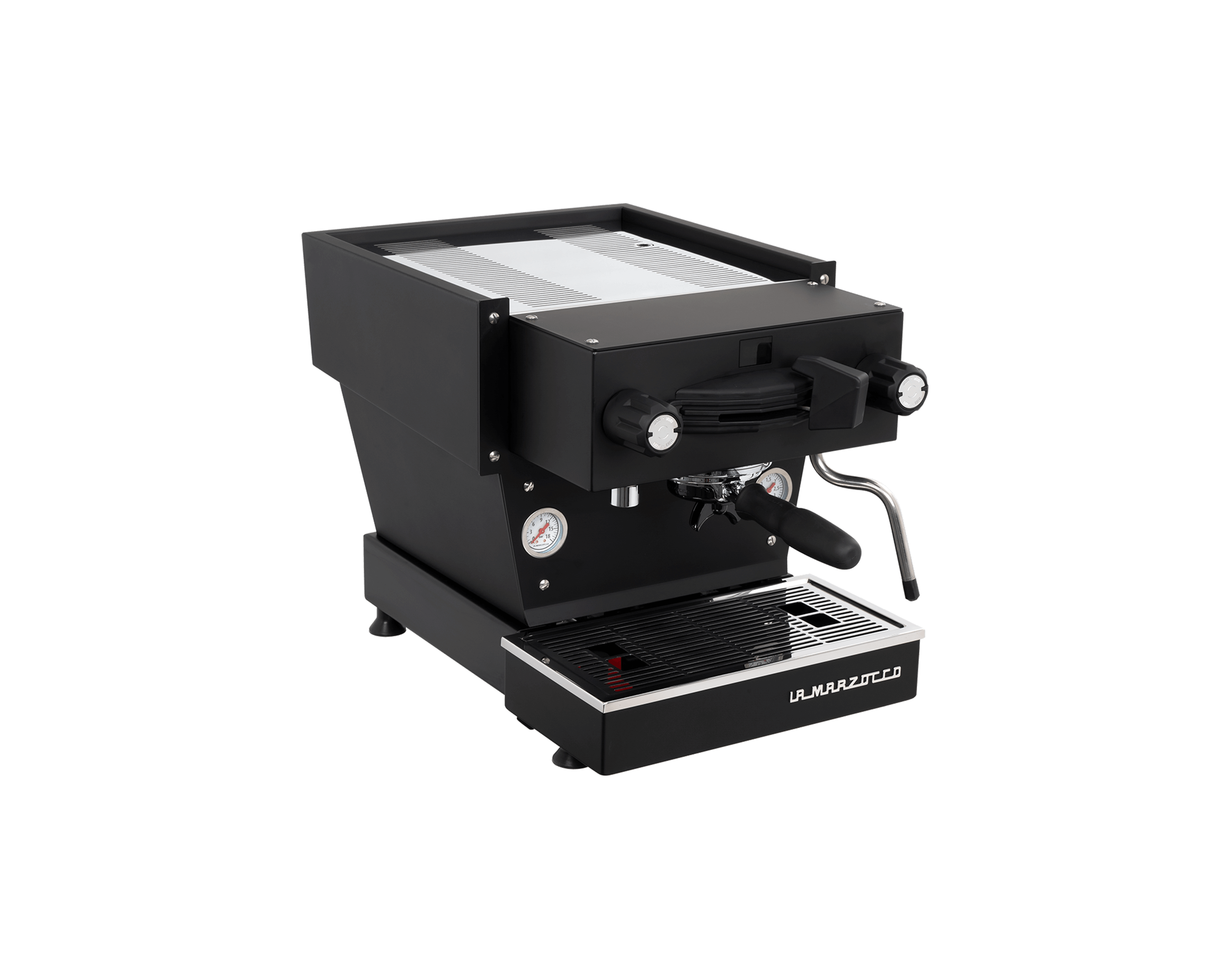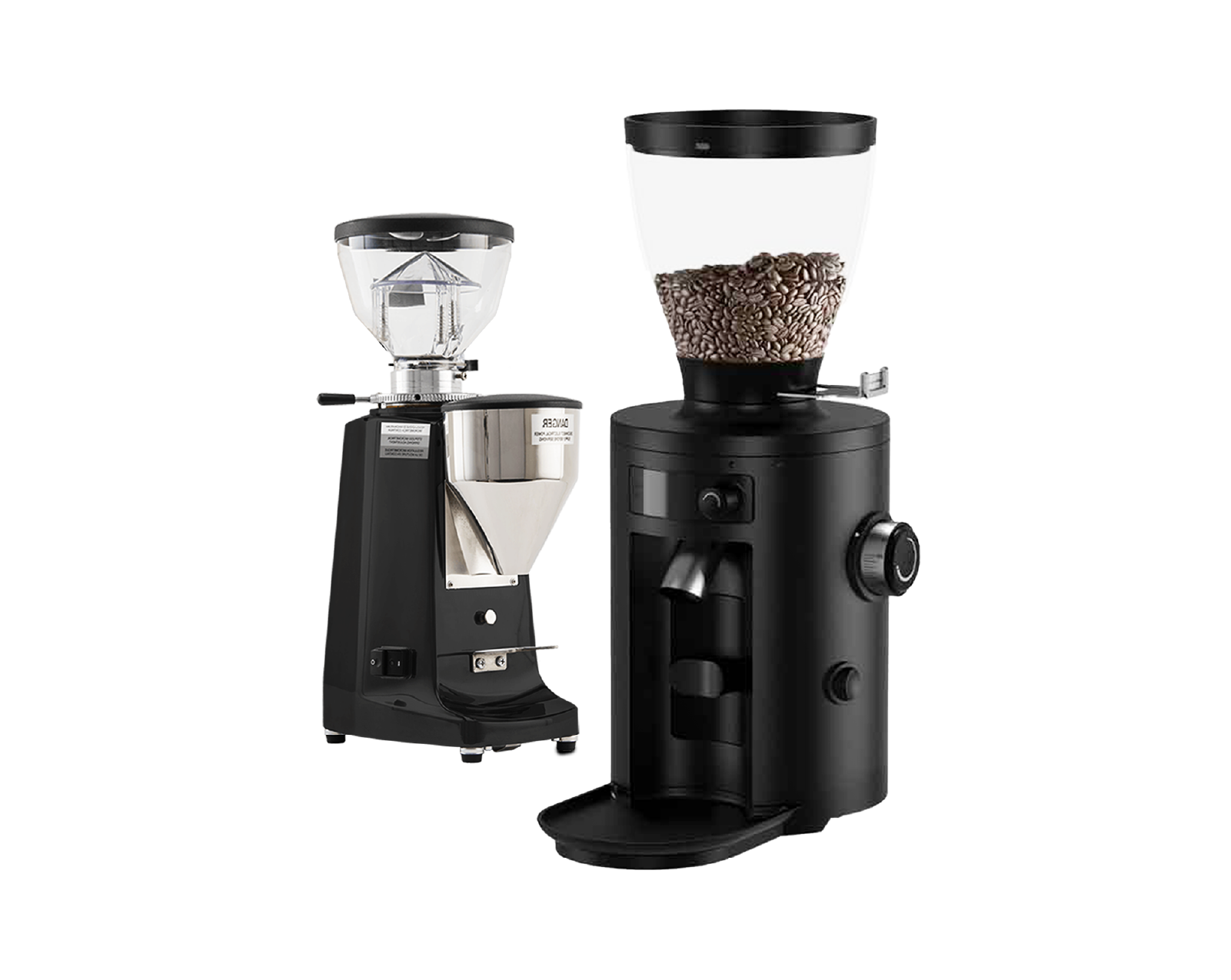Sustainability in the specialty coffee industry refers to the efforts made by coffee producers, roasters, and retailers to minimise negative impacts on the environment and local communities, and to promote positive social and economic outcomes for all stakeholders involved in the coffee supply chain. This can include practices such as organic farming, water conservation, fair trade labour policies, and waste reduction. The goal is to ensure the long-term viability of the coffee industry while also protecting the environment and supporting the well-being of coffee-growing communities.
Whether or not specialty coffee is sustainable depends on a variety of factors, including the specific practices of individual producers and companies within the industry. Some specialty coffee companies have made significant efforts towards sustainability, such as implementing environmentally friendly farming methods, investing in community development initiatives, and reducing waste in their supply chains.
Here are some of the reasons that make specialty coffee sustainable:
- Sustainable Farming Practices: Many specialty coffee producers implement sustainable farming methods, such as organic farming, agroforestry, and shade-grown coffee, which promote soil health, conserve biodiversity, and reduce the use of harmful chemicals.
- Fair Trade Certification: Some specialty coffee companies source their coffee beans through fair trade programs, which ensure that coffee producers receive fair prices for their crops and have access to better working conditions, healthcare, and education.
- Waste Reduction: Many specialty coffee companies are taking steps to reduce waste throughout their supply chains, such as by using biodegradable packaging materials, implementing recycling programs, and reducing water usage in coffee production and processing.
- Community Development: Some specialty coffee companies invest in community development initiatives, such as providing training and support to local coffee farmers, building infrastructure in coffee-growing communities, and promoting gender equality.
- Support for Small-Scale Farmers: Specialty coffee often involves direct relationships between roasters and small-scale coffee producers, which can help to ensure that these farmers receive a fair price for their crops and have access to resources and support that allow them to grow their businesses.
- Climate-Friendly Production: Specialty coffee producers are also taking steps to address the impacts of climate change on their operations, such as by planting drought-resistant crops, using renewable energy sources, and protecting natural habitats that provide important ecosystem services.
Nonetheless, the specialty coffee industry as a whole still faces sustainability challenges, including the impacts of climate change on coffee growing regions, the depletion of water resources, and the need for better labour practices in coffee-growing communities. Additionally, there is a need for increased transparency and accountability throughout the supply chain to ensure that sustainability claims are credible and meaningful.
In conclusion, while some progress has been made towards sustainability in the specialty coffee industry, there is still much work to be done to ensure that coffee production and consumption are sustainable in the long term.
Life is always better with coffee! Get your hands on the BEST specialty coffees at beanburds.com.
Visit our socials @beanburds to find out more, and stay up to date with our latest news!












